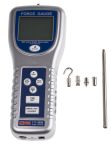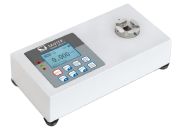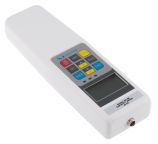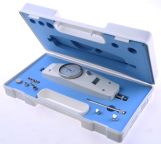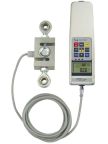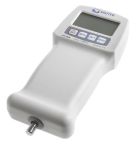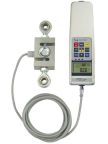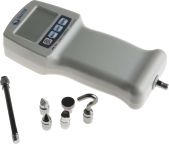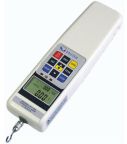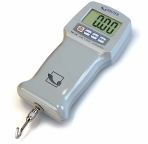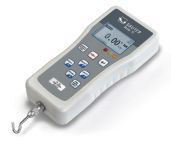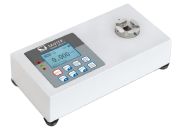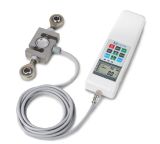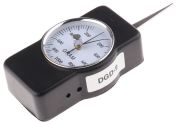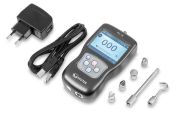Force Gauges
A force gauge is a measurement instrument that measures compression and tension (push and pull forces). Force gauges usually provide measurements in kilograms, pounds and Newtons.
Types of force gauges
Force gauges can be either mechanical or digital. As they are measuring push and pull forces, they are normally manufactured from robust materials.
Digital force gauges are now used more than their mechanical counterparts and are gradually replacing them. They are constructed from a load cell, electronics and a display. The load cell can be part of the main body of the device, or can be connected at a distance from the gauge. Digital force gauges are easy to use and incredibly accurate.
Some gauges return data on only one unit of measure (newtons for example), while more advanced models offer more than one type of measurement. Many force gauges are supplied with extension rods and adapters that allow for different types of testing. Some force gauges can be also be mounted to test stands.
What are they used for?
Typical applications for force gauges include friction testing, door opening and testing the strength of wire. They are used for many industrial applications and are commonly used in research and development and laboratory environments.
Force gauges help decisions to be made on products or prototypes. For example, an acceptable door latch may need between 6 pounds and 8 pounds of force to open. If the door doesn't open with this amount of force, it won't be fit for purpose.
Force gauges are suitable for tests with a longer duration and are not typically used to measure impact or shock. Sudden increases in force will not be measured accurately by this type of instrument.
